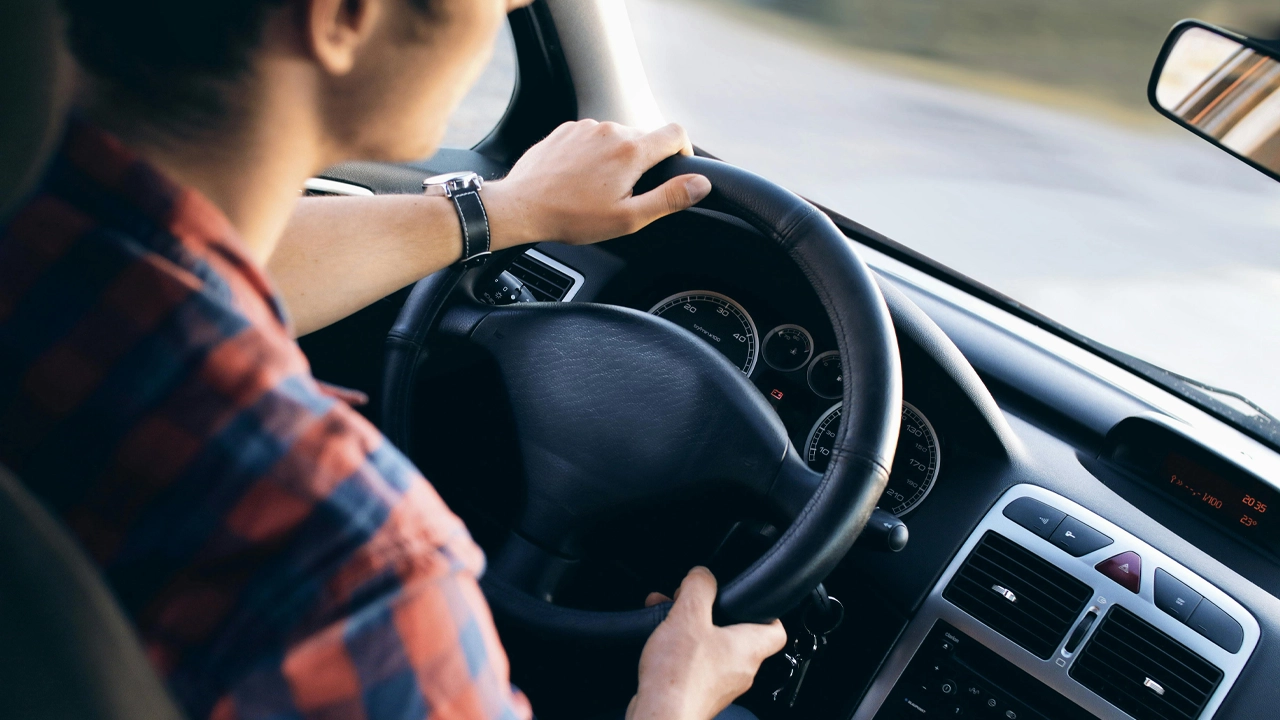For owners of automobiles, a car that idles high upon startup can be an unsettling and confusing problem. When the car is stationary, excessive idling occurs when the engine runs at a higher RPM (revolutions per minute) than usual. Regardless of how heated the engine is, this situation is more noticeable when the car is first started. An extensive examination of the numerous systems and parts that go into engine management and idle control is necessary to comprehend why an automobile idles excessively when it first starts up.
Role of the Idle Control System
The idle control system is essential to maintain a consistent and suitable idle speed. An idle air control (IAC) valve or a similar device run by the engine’s computer is standard in modern cars (ECU – Engine Control Unit). This system modifies the airflow into the engine to maintain the idle speed within a predetermined range. Upon starting the vehicle, there’s a chance that the IAC valve will open more than usual, letting more air enter the engine. To ensure that the engine warms up fast and effectively, this is occasionally a purposeful design feature, especially in cold weather. The engine may, however, idle longer than necessary if the IAC valve is malfunctioning or the ECU interprets sensor data incorrectly.
Temperature and Engine Warm-Up
The engine’s idle speed during the beginning is mostly dependent on temperature. The ECU enhances the air-fuel mixture to aid in combustion when the engine is cold. It is comparable to how an old-fashioned carbureted engine’s choke worked. During the warm-up phase, the ECU raises the idle speed to guarantee smooth running. A potential problem with one of the temperature sensors, such as the intake air temperature sensor or the coolant temperature sensor, is indicated if the engine idles high even after it reaches operating temperature. Any errors in the data these sensors give the ECU could result in incorrect idle speed and air-fuel mixture adjustments.
- Audi GT50 Concept: A Loud Reminder of Why Car Enthusiasts Fell in Love With Audi
- Nearly 30% of UK Drivers Believe Car Tax Should Be Based on Mileage — Survey
- Why Planes and Boats Escaped the Luxury Tax But Cars Didn’t
- Australia’s Headlight Confusion: Authorities Warn Drivers After Viral $250 Headlight Rule Goes Wild Online
- 2025 Hyundai Venue Facelift Launched in India – Full Details, Variants, and Price
Vacuum Leaks
One common reason for high idle speed is vacuum leaks. For the engine to run well, a regulated vacuum environment is required. The engine may idle higher to compensate for any unwanted air that enters the system and upsets the air-fuel combination. Vacuum leaks are frequently caused by broken or detached vacuum lines, a gasket leak in the intake manifold, or a malfunctioning brake booster. It is necessary to carefully examine the engine bay and all of the vacuum lines that are linked to it to locate and fix vacuum leaks.
Electrical Problems
An additional factor in excessive idling is electrical issues. Intermittent signals to the ECU or other vital parts, such as the IAC valve, can be caused by bad wiring or connections. An unsecured ground connection, for instance, may result in voltage variations, which could mislead the ECU to interpret sensor data incorrectly and alter the idle speed. Diagnosing high idle problems requires first making sure all electrical connections are tight and free of corrosion.
Engine Systems
Proper idling speed is maintained in part by the fuel system, which includes the fuel injectors and fuel pressure regulator. An unbalanced air-fuel mixture and high idle might result from dirty or clogged fuel injectors, which can impact the amount of fuel supplied to the engine. Likewise, fluctuations in fuel pressure resulting from a defective fuel pressure regulator can affect engine performance. These problems can be avoided with routine maintenance and fuel system cleaning.
Why is my car idling high when I start it ? High idling at startup can be attributed to various factors, from idle control system malfunctions to vacuum leaks and sensor inaccuracies. Understanding the interplay between these components and how they contribute to engine management is essential for diagnosing and resolving high idle issues. Regular maintenance, including cleaning critical components and ensuring proper sensor function, can help prevent high idling problems and ensure the engine runs smoothly. If high idle persists despite these measures, consulting a professional mechanic with advanced diagnostic tools is recommended to pinpoint the exact cause and implement the necessary repairs.
